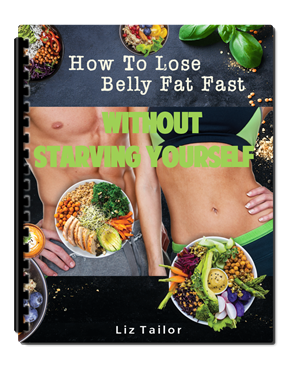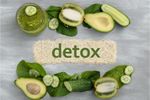At the core of healthy living is a balanced and nutritious diet.
The choices we make when it comes to what we put in our bodies affect the energy we have every day, our mood, and our overall well-being.
Clean eating is all about making choices that are good for our bodies, reducing our intake of processed foods, and focusing on whole, natural foods.
Here are ten tips to help you transition to a cleaner way of eating and transform your health.
1)) Drink Lots of Water
Water is essential for our body to function optimally.
Being hydrated helps our body flush out toxins, reduces bloating, and aids digestion.
Drinking water regularly throughout the day will help keep you feeling refreshed and support your health goals.
2)) Cut Out Processed Foods
Most processed foods are loaded with sugar, salt, and unhealthy fats, and have little nutritional value.
They also tend to be high in excess calories, which can lead to weight gain and other health problems.
Instead, focus on whole foods and, where possible, cook from scratch.
3)) Incorporate Lots of Fruits and Vegetables
Fruits and veggies are rich sources of vitamins, minerals, and fiber - all of which help keep us healthy.
They help reduce the risk of chronic diseases such as heart disease, high blood pressure, and type 2 diabetes.
Try to eat a rainbow of colored fruits and veggies to get the most nutrients.
4)) Choose Whole Grains
Unlike refined grains such as white bread and pasta, whole grains contain more fiber and have a lower glycemic index, making them better for weight management and blood sugar control.
Choose options like brown rice, quinoa, and whole-grain bread instead of their refined counterparts.
5)) Cook More Often
When you cook at home, you have more control over what goes into your meals.
You can reduce the amount of salt, sugar, and unhealthy fats that you consume.
Plus, home-cooked meals are usually more affordable, taste better, and are more satisfying than restaurant meals.
6)) Stop Drinking Sugar
Many drinks, including fruit juices, sodas, and sports drinks, contain lots of added sugar.
Drinking too much sugar can lead to weight gain, increased risk of diabetes, and other health problems.
Instead, consider drinking water, tea, or coffee without added sugar.
7)) Enjoy Healthy Fats
Not all fats are unhealthy. In fact, some healthy fats, such as those found in nuts, seeds, and fish, can improve our health by reducing inflammation and improving brain function.
Swap out unhealthy sources of saturated and trans fats (such as fast food and baked goods) and replace them with healthier options.
8)) Read Food Labels Carefully
When you’re shopping, make sure you’re reading food labels carefully.
Look for ingredients that are recognizable and avoid anything with lots of additives, such as preservatives, artificial colors, and flavorings.
9)) Practice Portion Control
Even healthy foods should be eaten in moderation. Overeating, even with healthy foods, can lead to weight gain and other health concerns.
Use portion control techniques such as measuring cups and food scales to help you understand how much you’re eating.
10)) Make A Plan
Making a plan for your meals and snacks can help you stick to your healthy eating goals.
Choose nutritious recipes and plan your grocery shopping in advance.
When you have healthy food available and planned, you’ll be less likely to resort to processed convenience meals.
Conclusion
Clean eating is not a temporary diet trend but a lifestyle choice that can transform your health and well-being.
By following these tips, you can adopt a cleaner way of eating, reducing the intake of processed foods and adding more nutrient-rich whole foods to your diet.
Ultimately, small changes in your eating habits can lead to bigger results and a lifetime of good health.
Download Our Free E-book!







